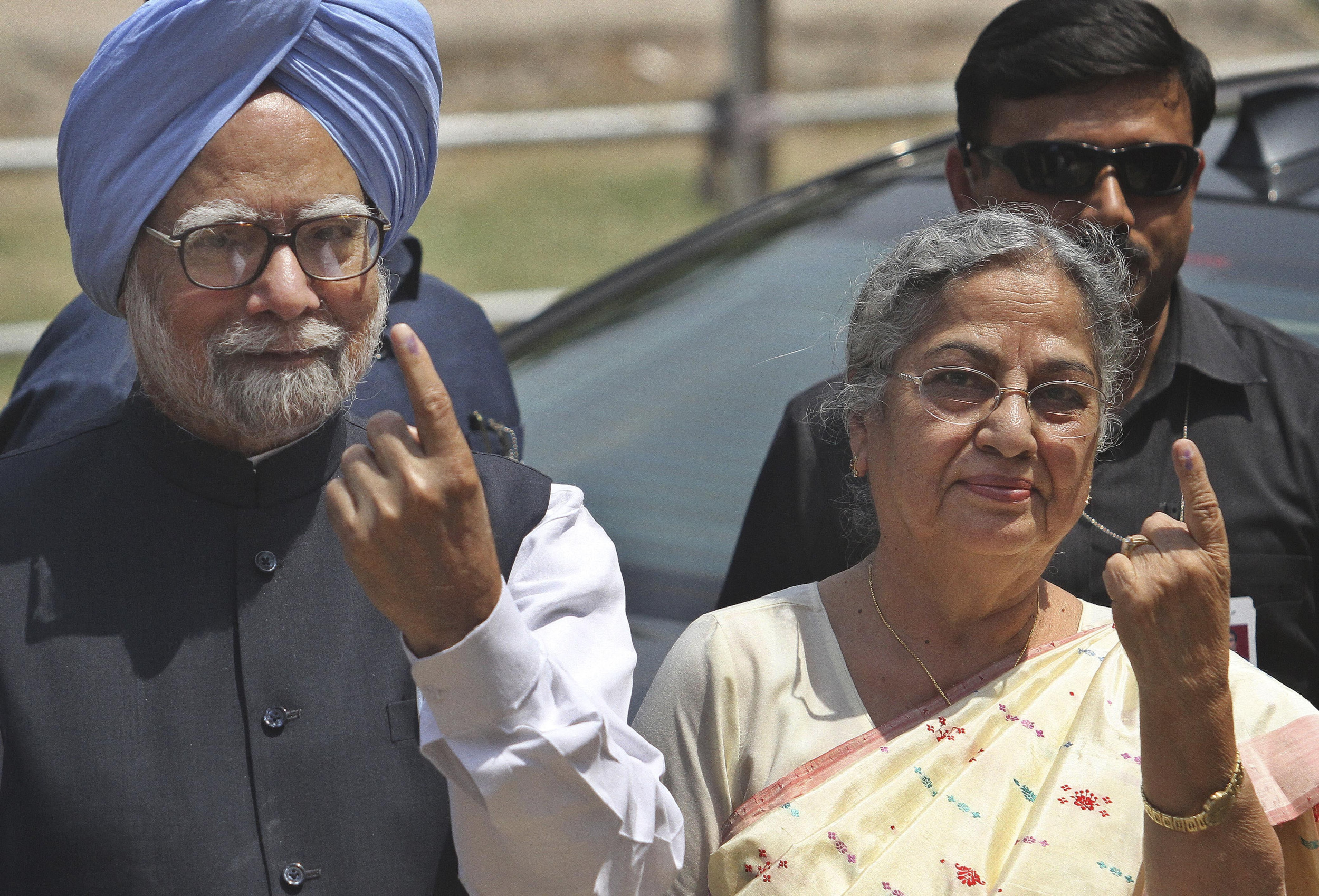Ryan Routh, the man accused of attempting to assassinate then-presidential candidate Donald Trump in September, appeared in federal court on Wednesday.
Ryan Wesley Routh, 58, is facing five federal charges, including attempted assassination, after he was allegedly seen pointing a rifle through the fence of Trump's golf club in West Palm Beach, Florida on September 15. He did not fire any shots before leaving the scene.
Trump, who is now president-elect, was playing golf on the course at the time. He was unharmed in the incident.
Routh has pleaded not guilty to all charges and remains in custody at the Federal Detention Center in Miami.

Judge Aileen Cannon, a Trump appointee who dismissed the classified documents case against him, presided over the hearing in Fort Pierce, Florida.
The prosecution and defense discussed the trial timeline, discovery in the case, and other pre-trial matters.
Cannon to Consider Trial Delay
The trial is expected to start on February 10, 2025. During the hearing, Routh's legal team echoed the arguments made in its motion to delay the trial until December of next year.
The 18-page document filed on Sunday cited concerns with discovery and argued that going to trial in two months would violate Routh's constitutional rights.
"Discovery delays and the extraordinary volume of discovery have made the current trial schedule incompatible with Mr. Routh's due process rights," Assistant Federal Public Defender Renee M. Sihvola wrote in the motion.
Prosecutors said they are ready to go to trial in February, but they could agree to a "reasonable" delay. They credited the amount of evidence in the case to the federal resources devoted to investigating the assassination attempt.
Cannon said she would take the arguments under consideration and plans to issue a written order in the near future.
Defense Awaits Evidence in the Case
The defense is expecting a new batch of evidence as soon as next week. The information is expected to include traffic camera footage, police body camera footage and analysis from a handwriting expert and ballistic experts.
Previous evidence collected in the case includes a large volume of digital evidence, including data from 18 phones, three computers, three tablets and storage discs. Other evidence includes phone company records, over 3,000 photos, reports from crime examiners, lab reports, drone footage, financial records, travel records, social media and jail communications.
The defense has previously raised issues with Cannon presiding over the case. They demanded Cannon recuse herself from the case in October due to Trump's public backing of her and the "prospect" of a potential "promotion" to the U.S. Supreme Court under the second Trump administration.
Cannon said she is not required to recuse herself based on the arguments presented by the defense.
"Defendant cites a series of factors which he believes, when viewed in their totality, create an appearance of partiality," Cannon wrote. "None warrants recusal, whether examined individually or together."
Routh was a longtime Greensboro resident with a history of legal troubles. His criminal record dates back to the 1990s and includes a 2002 felony conviction for possessing a weapon of mass destruction and a 2010 felony for stolen goods.
Do you have a story Newsweek should be covering? Do you have any questions about this story? Contact LiveNews@newsweek.com.




















 English (US) ·
English (US) ·